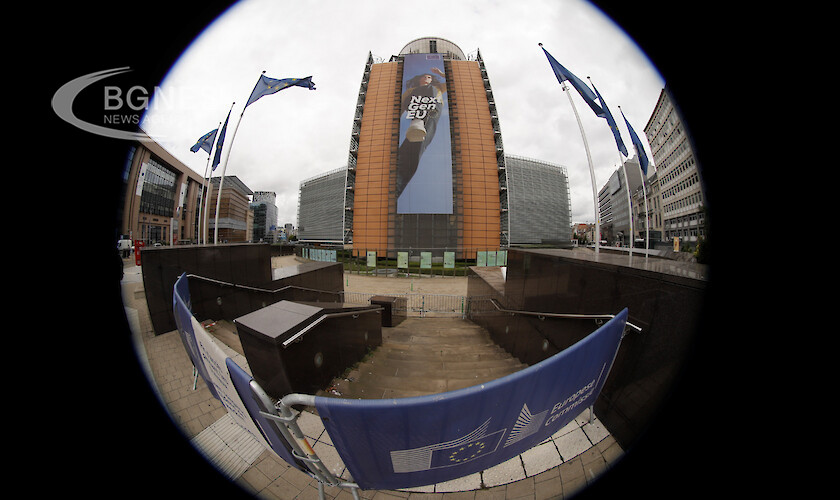European Commission disburses €9 billion in pre-financing to Spain
The European Commission has today disbursed €9 billion to Spain in pre-financing, equivalent to 13% of the country's financial allocation under the Recovery and Resilience Facility (RRF). The pre-financing payment will help to kick-start the implementation of the crucial investment and reform measures outlined in Spain's recovery and resilience plan.

The Commission will authorise further disbursements based on the implementation of the investments and reforms outlined in Spain's recovery and resilience plan. The country is set to receive €69.5 billion in total, fully consisting of grants, over the lifetime of its plan.
Today's disbursement follows the recent successful implementation of the first borrowing operations under NextGenerationEU. By the end of the year, the Commission intends to raise up to a total of €80 billion in long-term funding, to be complemented by short-term EU-Bills, to fund the first planned disbursements to Member States under NextGenerationEU.
Part of NextGenerationEU, the RRF will provide €723.8 billion (in current prices) to support investments and reforms across Member States. The Spanish plan is part of the unprecedented EU response to emerge stronger from the COVID-19 crisis, fostering the green and digital transitions and strengthening resilience and cohesion in our societies.
Supporting transformative investments and reform projects
The RRF in Spain finances investments and reforms that are expected to have a deeply transformative effect on Spain's economy and society. Here are some of these projects:
- Securing the green transition: The plan includes an ambitious law on climate change and energy transition, enshrining the renewable targets for 2030 and climate neutrality by 2050, including a 100% renewable electricity system. The plan will also support innovative renewable energy sources with €3.9 billion and includes €3.4 billion to support more than half a million energy efficiency renovations in residential buildings.
- Supporting the digital transition: The plan contributes to the digitalisation of SMEs and the self-employed with €3 billion. Measures worth €3.6 billion will improve the level of digital skills of the population and the digital transformation of education. €3.2 billion will be invested in the digitalisation of the public administration.
- Reinforcing economic and social resilience: The plan will invest €2.4 billion in reducing the use of temporary contracts in the labour market, improving individual support to jobseekers, as well as training opportunities and better hiring incentives. Nearly €2.8 billion will be invested in reducing youth unemployment and improving vocational training by creating at least 135,000 new places in vocational education. Additional measures will strengthen the effectiveness of public policies and modernise the tax system. /BGNES




